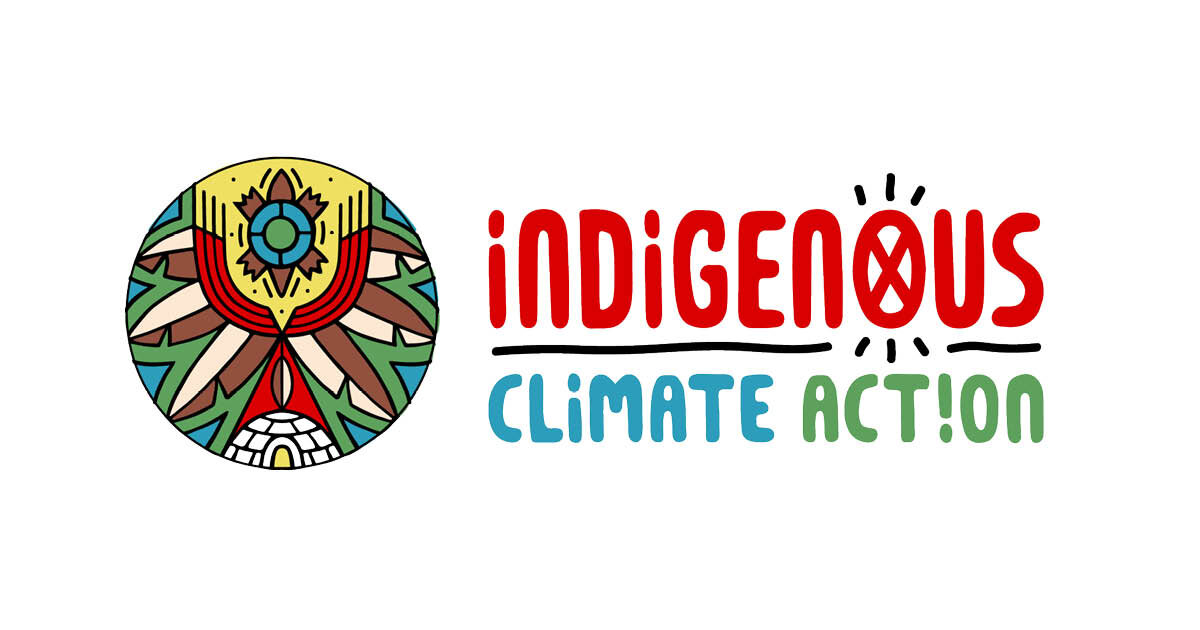Indigenous Climate Action Organization Overview
Alapfogalmak
ICA emphasizes the importance of Indigenous Peoples' rights and knowledge in addressing the climate crisis.
Kivonat
Indigenous Climate Action (ICA) is a grassroots organization led by Indigenous knowledge keepers, water protectors, and land defenders. They advocate for the crucial role of Indigenous rights and knowledge systems in combating the climate crisis and promoting climate justice. By centering on Indigenous perspectives, ICA aims to develop sustainable solutions that respect traditional wisdom and protect the environment for future generations.
Összefoglaló testreszabása
Átírás mesterséges intelligenciával
Hivatkozások generálása
Forrás fordítása
Egy másik nyelvre
Gondolattérkép létrehozása
a forrásanyagból
Forrás megtekintése
www.indigenousclimateaction.com
Indigenous Climate Action
Statisztikák
"Indigenous Climate Action (ICA) is an Indigenous-led organization guided by a diverse group of Indigenous knowledge keepers, water protectors, and land defenders."
"We believe that Indigenous Peoples’ rights and knowledge systems are critical to developing solutions to the climate crisis."
Idézetek

Mélyebb kérdések
How can mainstream society better incorporate Indigenous knowledge into climate action initiatives?
Mainstream society can better incorporate Indigenous knowledge into climate action initiatives by recognizing and respecting the unique perspectives and wisdom that Indigenous Peoples hold. This involves actively engaging with Indigenous communities, knowledge keepers, and leaders to co-create solutions that are rooted in traditional ecological knowledge (TEK). By involving Indigenous voices in decision-making processes, mainstream society can benefit from centuries of sustainable practices that have allowed Indigenous Peoples to live in harmony with the land.
Furthermore, it is crucial for mainstream organizations to prioritize partnerships with Indigenous communities based on principles of free, prior, and informed consent. This means ensuring that any initiatives or projects related to climate action respect the rights of Indigenous Peoples to their lands, territories, and resources. By upholding these principles and fostering genuine collaboration with Indigenous communities, mainstream society can harness the wealth of knowledge that exists within these populations to address the challenges posed by climate change.
What challenges do organizations like ICA face in advocating for Indigenous rights in environmental discussions?
Organizations like ICA face several challenges when advocating for Indigenous rights in environmental discussions. One significant challenge is overcoming systemic barriers that marginalize or exclude Indigenous voices from decision-making processes related to environmental policy and resource management. Historically, colonial legacies have led to a lack of recognition of Indigenous sovereignty over their lands and resources, making it difficult for organizations like ICA to assert their rights within existing power structures.
Additionally, there may be resistance from non-Indigenous stakeholders who are unwilling to acknowledge or prioritize the perspectives of Indigenous Peoples in environmental discussions. Overcoming this resistance requires ongoing education efforts aimed at raising awareness about the importance of incorporating diverse viewpoints into environmental decision-making processes.
Moreover, financial constraints often limit the capacity of organizations like ICA to effectively advocate for indigenous rights in environmental discussions. Securing funding for advocacy work can be challenging due to limited resources available for supporting indigenous-led initiatives focused on protecting ancestral lands and promoting sustainable practices.
How can individuals support and amplify the voices of indigenous communities in climate activism?
Individuals can support and amplify the voices of indigenous communities in climate activism by first educating themselves about indigenous issues such as land rights, cultural heritage preservation,and traditional ecological knowledge (TEK). By understanding these key concepts individuals will be better equippedto engage meaningfully with indigenous perspectives onclimate changeandenvironmental justice.
One way individualscan show supportisby amplifyingindigenousvoices through social media platformsand other channelsfor sharing information.By sharing stories,testimonials,and calls-to-actionfromindigenous activistsindividualscan help raiseawarenessabouttheimportanceof includingindigenousperspectivesinclimateactivismefforts.
Additionally,donatingtoorganizationslikeICAorotherindigenously-ledinitiativesfocusedonclimateactioncan providefinancialsupportfortheiradvocacywork.Supportingtheseorganizationshelpstoensurethatindigenouscommunitieshave theresourcesneededtoparticipateeffectivelyinclimateactivismandenvironmentaljusticecampaigns.
Lastly,it's importantforindividualstoleveragetheirprivilegeandsocialcapitaltobringattentiontotheissuesfacingindigenouscommunitiesinrelationtoclimatechange.Thiscouldinvolveparticipatinginprotests,rallies,andotherformsofpublicengagementthathighlighttheintersectionofenvironmentaljusticeandindigenoussovereignty
0
